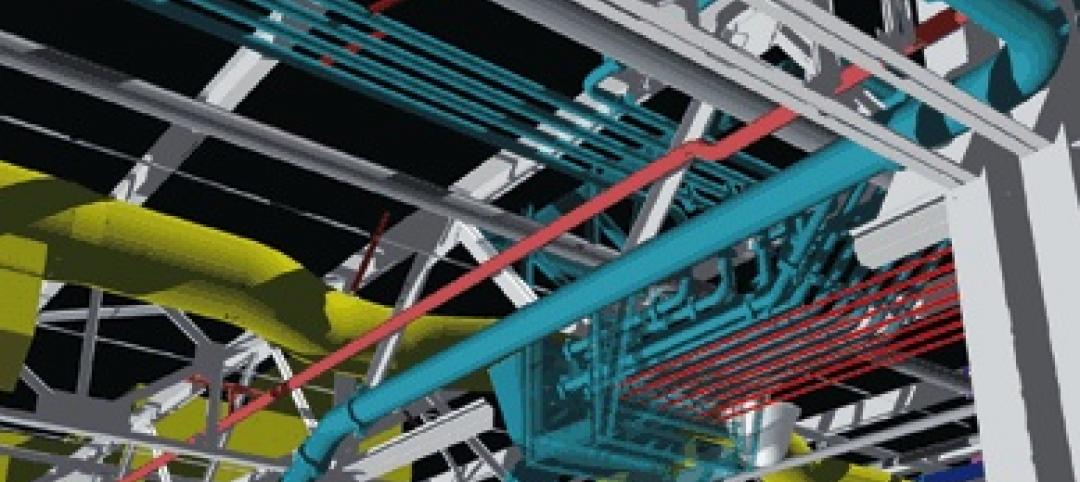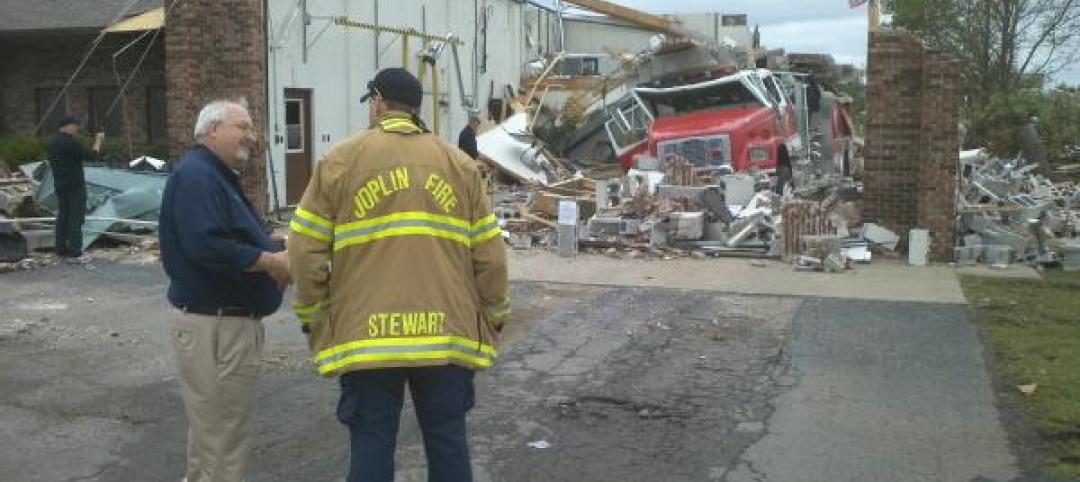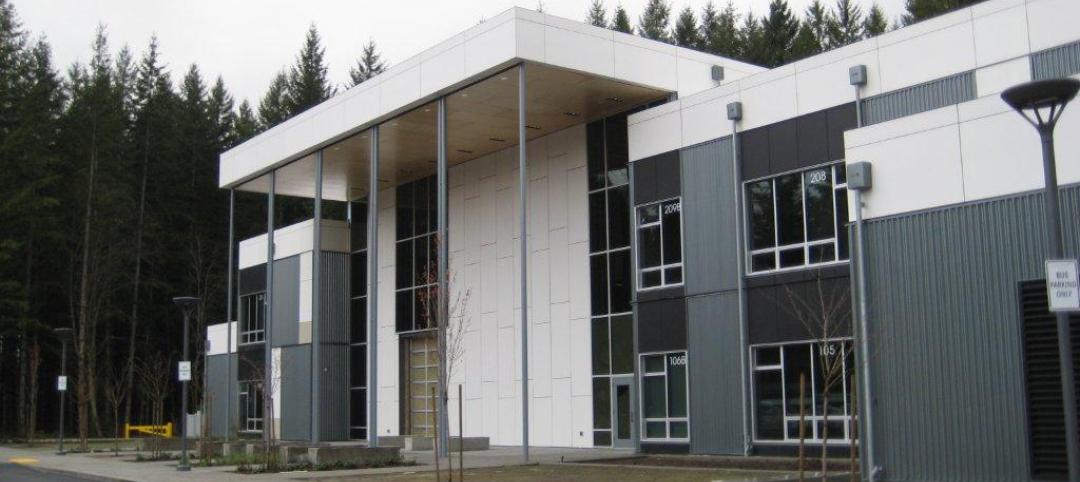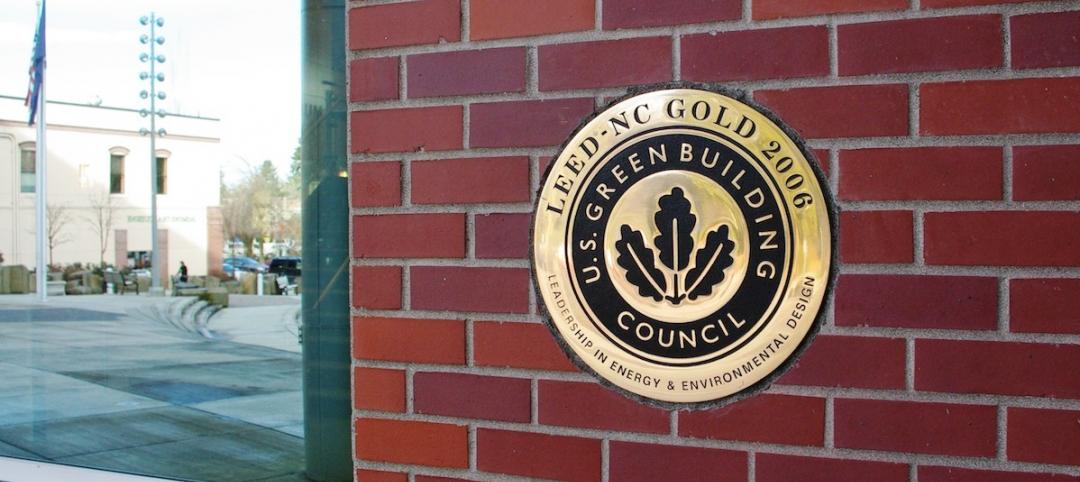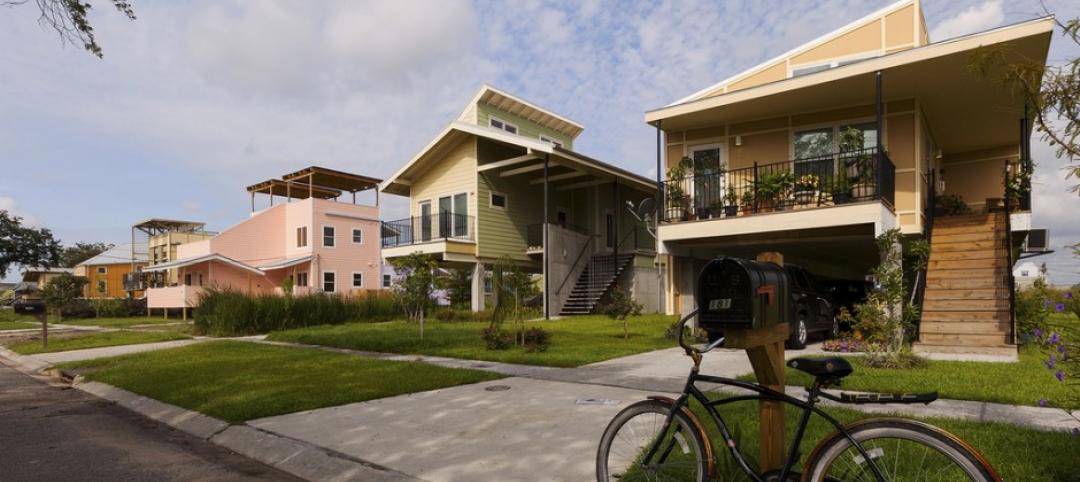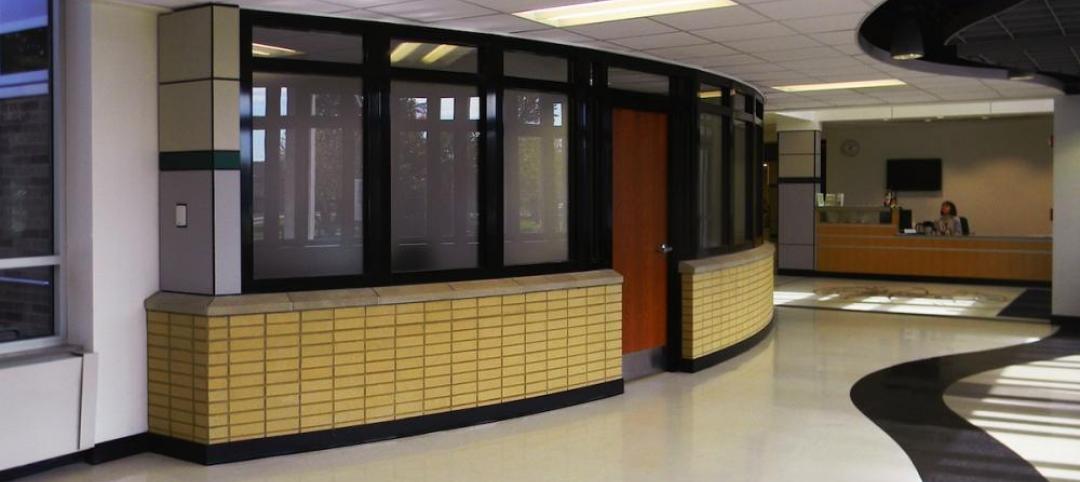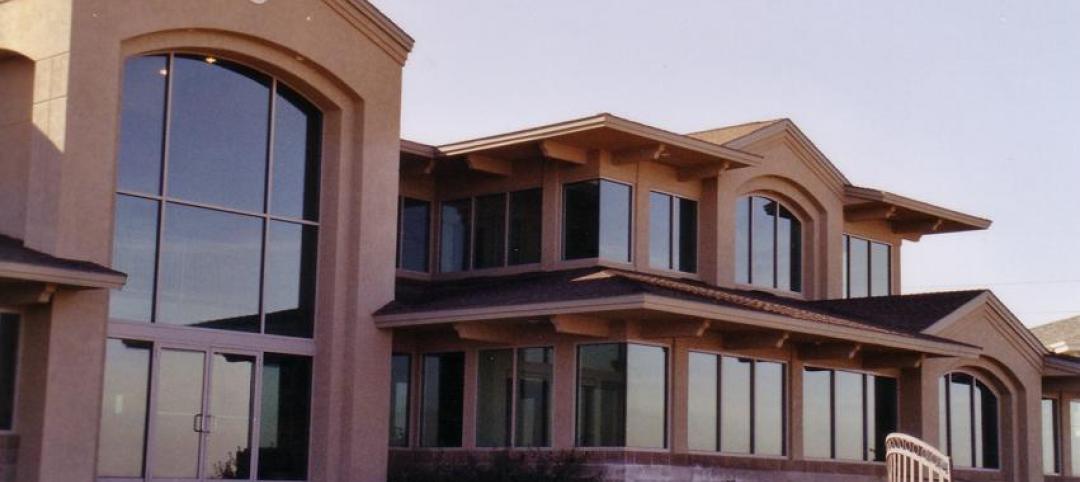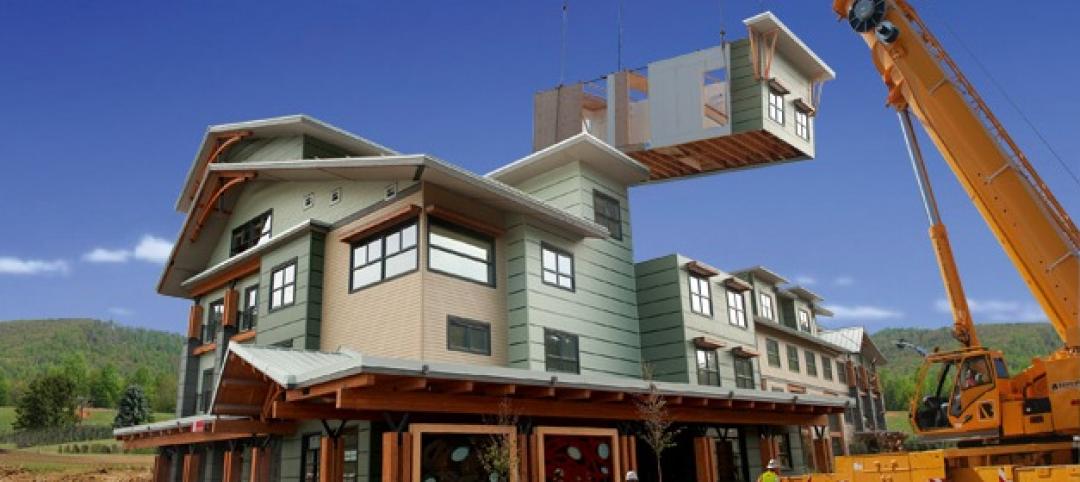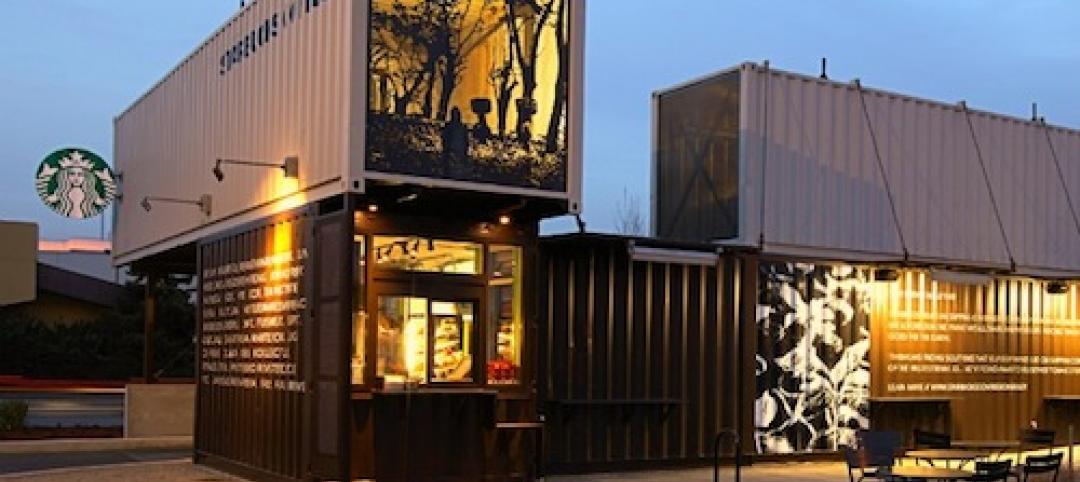This year, Philadelphia-based modular manufacturer and construction manager Volumetric Building Companies (VBC) is on track to produce somewhere between 800,000 and 1 million sf of modules for the residential and hospitality sectors.
The company has been in growth mode for nearly two years, during which it acquired the assets of the bankrupt modular tech firm Katerra that included a 577,000-sf manufacturing plant in Tracy, Calif.; and merged, in January 2022, with the Poland-based modular manufacturer Polcom, a marriage that added two steel module manufacturing facilities to VBC’s operations. VBC recently moved another plant from North Carolina to Pennsylvania. All told, the company operates within more than 1.25 million sf of manufacturing space.
VBC’s founder Vaughan Buckley told the Australian website builtoffsite.com last year that the goal for his company is to hit $1 billion in annual revenue by 2025. To that end, VBC last year set up a $100 million development fund. VBC's six-person board of directors includes Adam Hieber, Executive Vice President with the global investment firm PIMCO; and Fred Tuomi, the retired CEO and Trustee of Invitation Homes, the largest single-family rental REIT in the U.S.
Housing shortage opens door for more modular construction
In an interview with BD+C last week, Sara-Ann Logan, AIA, RIBA, NOMA, IIDA, VBC’s Vice President of Design, said that her company’s four factories were booked out for the next six to 12 months, depending on the location. This year, about half of VBC’s modular production will go toward the construction of affordable multifamily housing, with another 15 to 20 percent for market-rate multifamily housing, and the rest for hotels.
VBC has revved up its production capacity at a time when the U.S. housing market saw the gap between household formation and new-home construction widen to 6.5 million units over the past decade, according to the latest Realtor.com estimates.
Logan concedes that the localized nature of the American housing market mitigates against devising national solutions for this chronic housing shortage. So-called industrialized housing that is made off-site in factories and assembled onsite, still only accounts for a single-digit sliver of total annual single- and multifamily-housing construction.
But Logan is also heartened that community resistance to multifamily housing in general, and modular housing in particular, has waned as developers and producers have demonstrated that modular homes can be built faster and are amenable to a variety of designs, styles and materials.
VBC started as a construction company 12 years ago and has since evolved into what Logan calls “a one-stop shop” that can design, manufacture, and assemble large-scale modular buildings. As of March 2023, it had completed over 30 housing and hospitality projects in Philadelphia, London, Seattle, Canada, and the Netherlands. VBC claims that its projects are completed two times faster than traditional construction, and with considerably greater budgeting certainty.
“We focus on the efficiencies of each piece, and are trying to break the modular box,” she said.
Latest modular project would have all-electric infrastructure
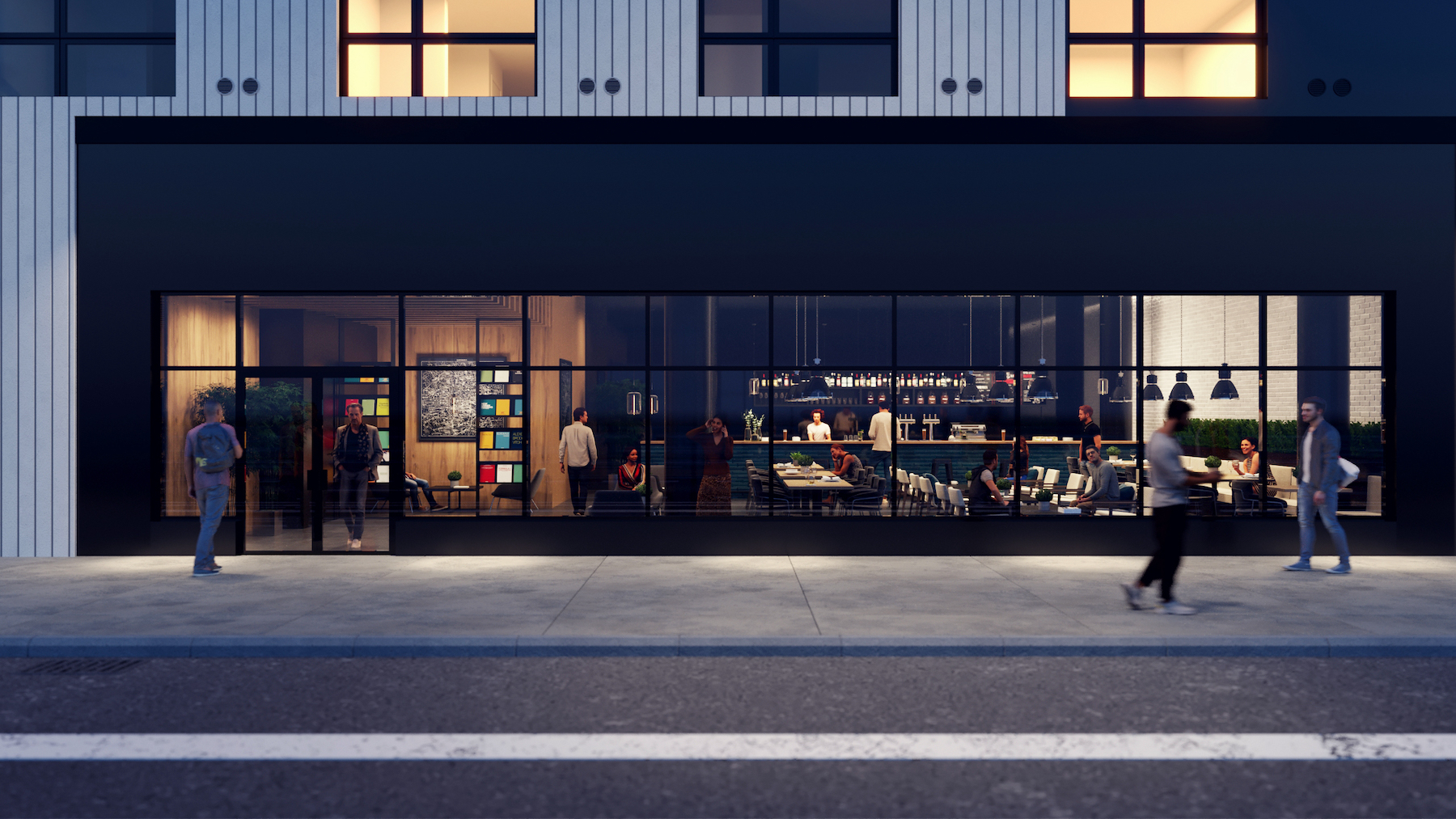
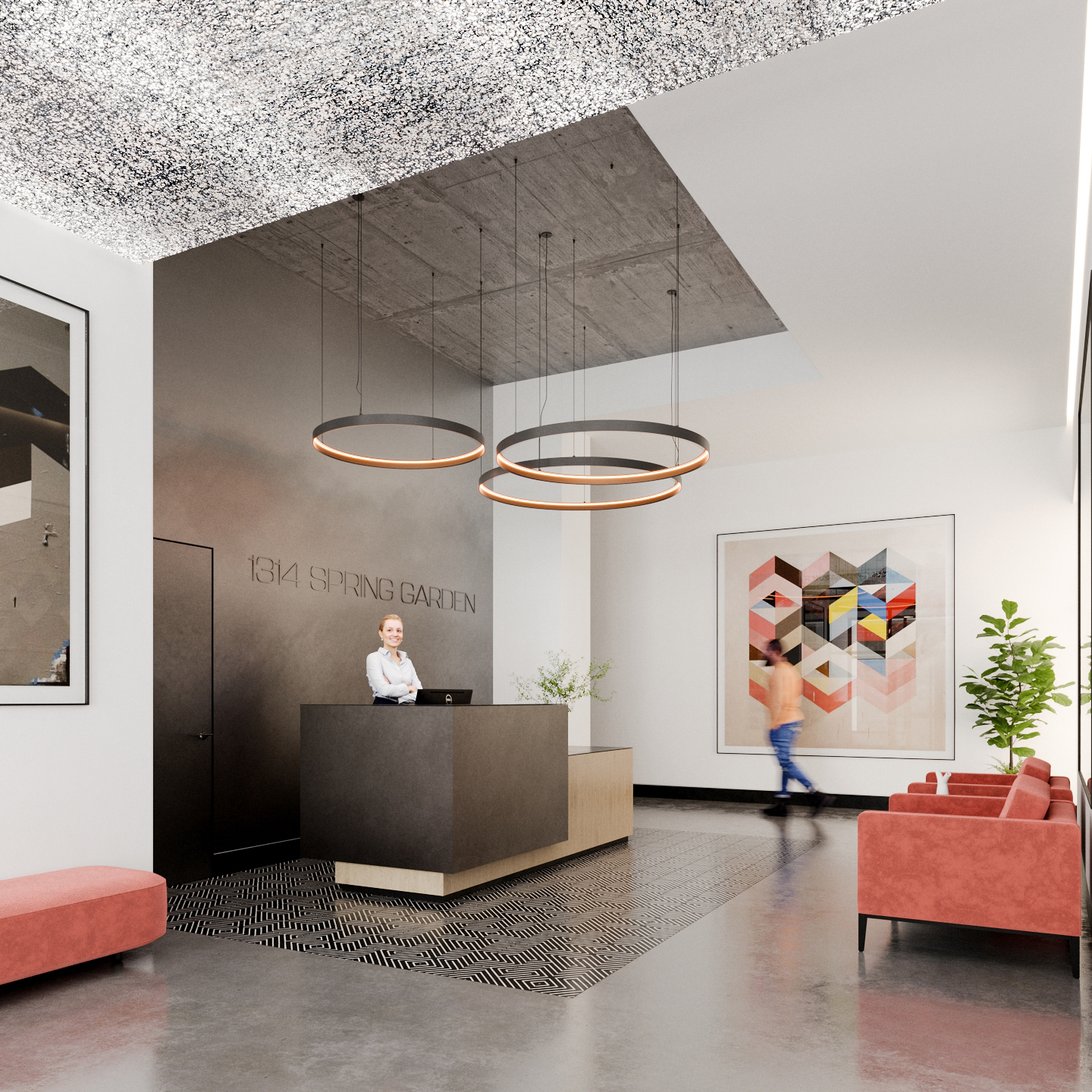
One of the latest projects that VBC has self-developed is a 149-unit housing building located at 1314 Spring Garden Street in Philadelphia. Logan said this project, with five above-ground floors and a roof deck proposed, would be one of the more advanced that her company has tackled thus far, with “lots of balconies,” and carveouts in the façade.
According to the Civic Design Review application that VBC filed with the city’s Department of Planning and Development on March 13, the building, sitting on 0.47 acres, will include 96 studios sized at 432 sf, 48 junior one-bedroom apartments at 496 sf each, and five two-bedroom apartments that will be 992 sf. The building will include 1,598 sf of ground-floor retail or restaurant space, a below-ground fitness center, 28 underground parking spaces, 60 covered and secured bike racks, and a green and blue roof system to assist the city’s stormwater management.
Other sustainable features include an all-electric infrastructure, and a 50 percent reduction of construction waste. The apartments will be furnished and include “automated furniture” that, Logan explained, are motorized beds and closets for flexibility. “The key to affordability,” she said, “is learning to live in less space.”
VBC is tentatively scheduled to begin production of the modules for 1314 Spring Garden Street in late April or early May, and is targeting the summer of 2024 for the project’s completion.
Related Stories
| Jun 28, 2013
Building owners cite BIM/VDC as 'most exciting trend' in facilities management, says Mortenson report
A recent survey of more than 60 building owners and facility management professionals by Mortenson Construction shows that BIM/VDC is top of mind among owner professionals.
| Jun 13, 2013
AIA partners with industry groups to launch $30,000 'Designing Recovery' design competition
The program will award a total of $30,000 to three winning designs, divided equally between three locations: Joplin, Mo., New Orleans, and New York.
| Jun 10, 2013
Lake Washington STEM school combines modular and site-built construction to meet ambitious schedule
When the Lake Washington School District outside Seattle needed a new high school built on an ambitious permitting and construction schedule of seven months, modular construction proved to be an ideal solution.
| Jun 5, 2013
USGBC: Free LEED certification for projects in new markets
In an effort to accelerate sustainable development around the world, the U.S. Green Building Council is offering free LEED certification to the first projects to certify in the 112 countries where LEED has yet to take root.
| Jun 3, 2013
Construction spending inches upward in April
The U.S. Census Bureau of the Department of Commerce announced today that construction spending during April 2013 was estimated at a seasonally adjusted annual rate of $860.8 billion, 0.4 percent above the revised March estimate of $857.7 billion.
| May 30, 2013
The Make It Right squabble: ‘How many trees did you plant today?’
A debate has been raging in the blogosphere over the last few months about an article in The New Republic, “If You Build It, They Might Not Come,” in which staff writer Lydia DePillis took Brad Pitt’s Make It Right Foundation to task for botching its effort to revitalize the Lower Ninth Ward of New Orleans.
| Apr 30, 2013
Tips for designing with fire rated glass - AIA/CES course
Kate Steel of Steel Consulting Services offers tips and advice for choosing the correct code-compliant glazing product for every fire-rated application. This BD+C University class is worth 1.0 AIA LU/HSW.
| Feb 28, 2013
Novel multifamily solutions to be presented at New York Modular Construction Summit
The New York Modular Construction Summit will be co-hosted by the Modular Building Institute and Pratt Institute School of Architecture on May 16, 2013, in Brooklyn, N.Y.
| Feb 22, 2013
Starbucks pilot program rolls out small, modular stores
Coffee giant Starbucks is rolling out mini-stores with maximum local flavor, as part of an international pilot program.


